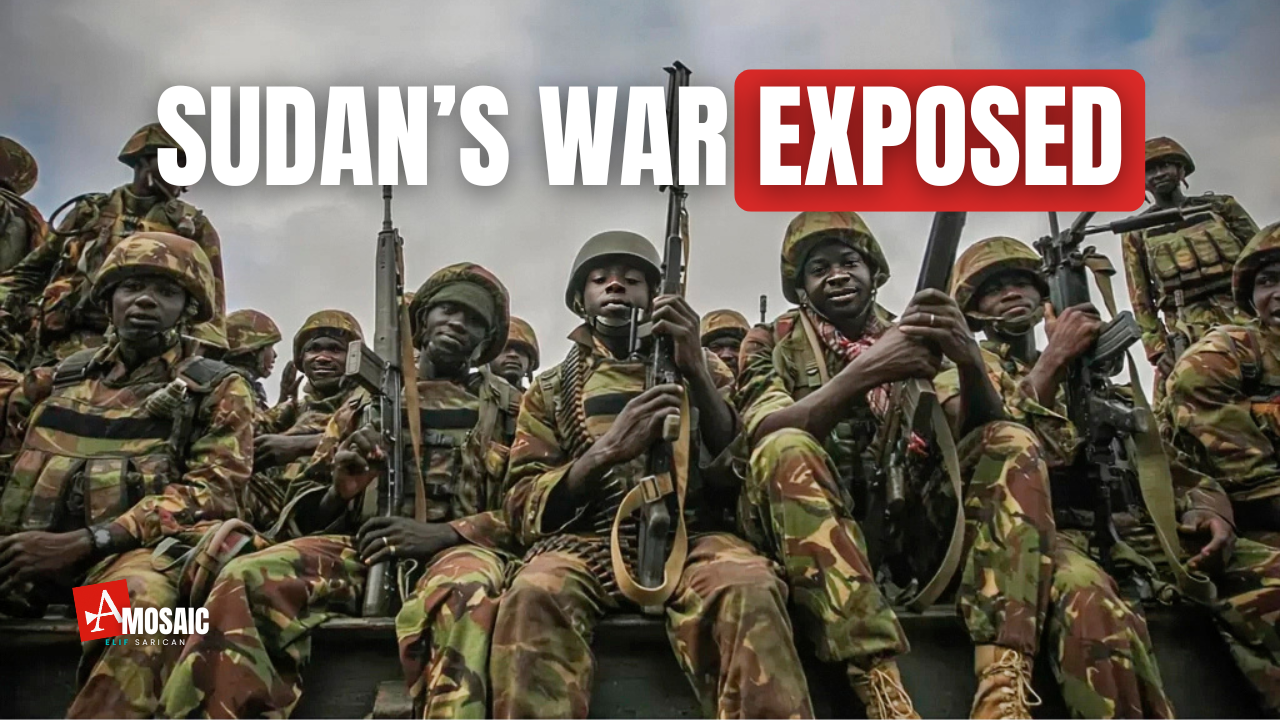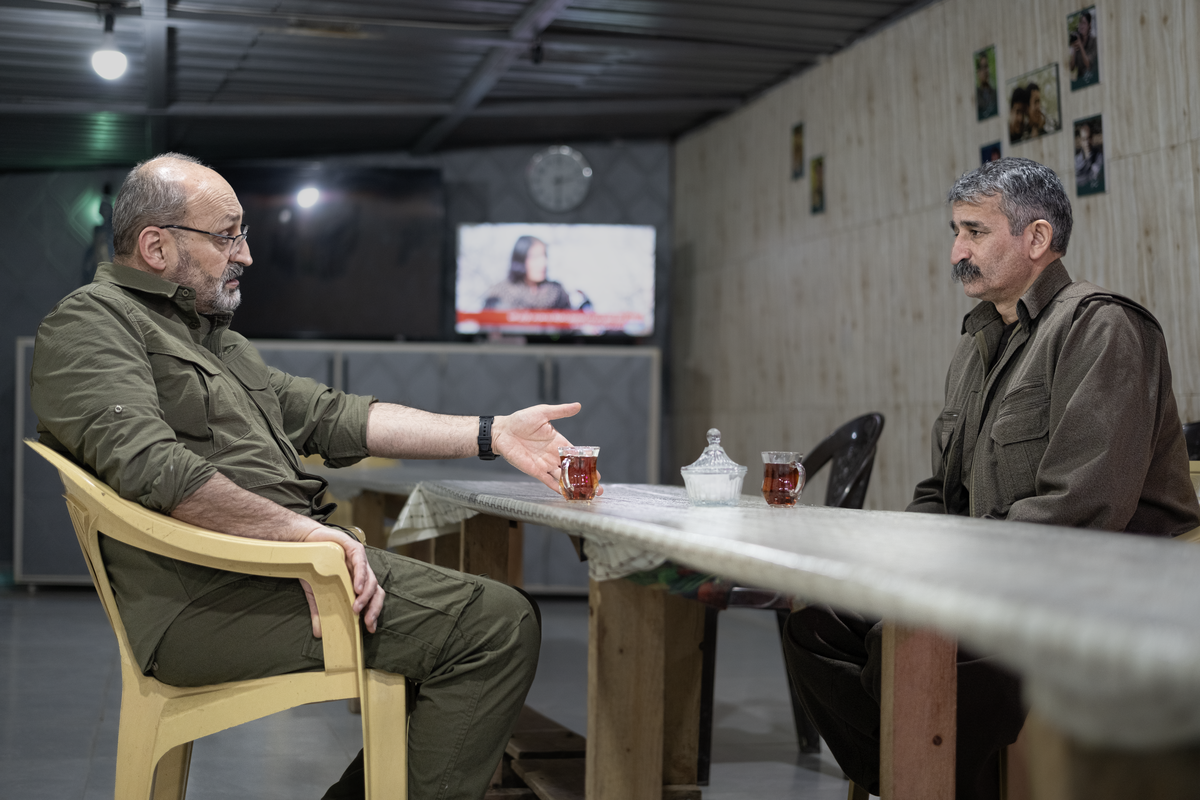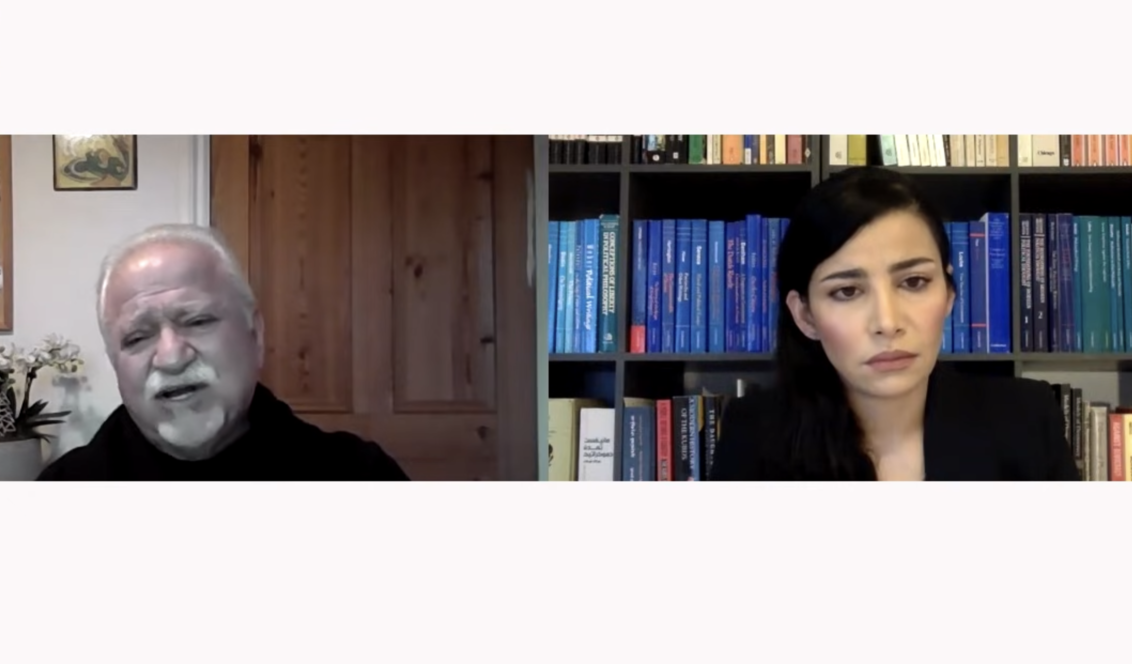From Revolution to Catastrophe: The Hidden Forces Behind Sudan’s Humanitarian Crisis

In this episode of The Amargi Mosaic, host Elif Sarican speaks with humanitarian analyst Elbashir Idris about Sudan’s trajectory from the 2018/2019 revolution to one of the world’s worst humanitarian crises. They discuss how the Janjaweed—responsible for the 2003 Darfur genocide—rebranded as the RSF and gained international legitimacy, and what’s happening now in Al-Fashir. Idris reveals his tracking of the war economy and external sponsorship, questioning whether this is truly a civil war or a proxy conflict funded by the UAE, Saudi Arabia, and other actors. The conversation examines women’s dual reality as revolutionary architects and targets of systematic violence, and the exploitation faced by 12-14 million displaced people. Drawing on his evacuation coordination and aid delivery work, Idris shares whether any path remains toward the Sudan revolutionaries’ vision. Elbashir Idris is a Sudan-focused humanitarian and analyst based in Cardiff who documented the revolution and coup, coordinated evacuations in 2023, and regularly provides analysis on Al Jazeera, DW, and BBC.
Elif Sarican
Elif Sarican is a writer, editor, and translator who works with cultural and educational institutions globally. As an independent researcher, she has contributed to parliamentary inquiries and curated artists’ archives. She is an author of the edited volume She Who Struggles: Revolutionary Women Who Shaped The World, guest edited Barnard College’s special issue ‘Rage, Struggle, Freedom: Politics of Hope and Love’, and a translator of The Purple Colour of Kurdish Politics: Women Politicians Write from Prison. Based in London, she serves as Education Manager at a historic publisher established in 1936.



